Is the peacetime practice of the ECHR not a precedent for Ukrainian courts?
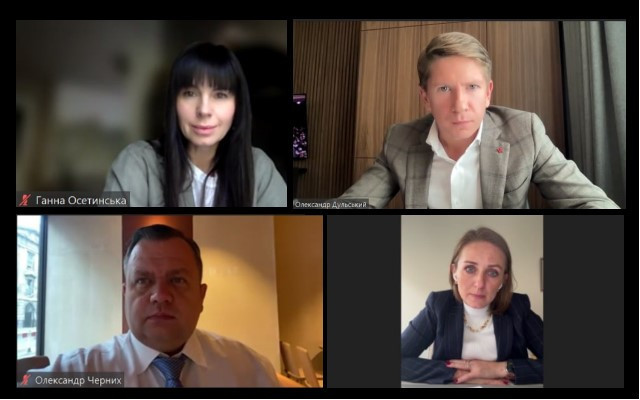
The judicial practice that is currently being formed due to Ukraine's derogation from its obligations under international treaties (the Convention for the Protection of Human Rights and Fundamental Freedoms, the International Covenant on Civil and Political Rights) is worrying.
This opinion was expressed by Oleksandr Dulsky, Chairman of the Ukrainian National Bar Association's Committee on Integration of the Ukrainian Bar System into the EU, during a roundtable discussion on «Consequences of Ukraine's Derogation from its Obligations under International Treaties: Possibilities of Search by Interpol and Influence on Extradition Procedures».
As a reminder, Presidential Decree No. 64 of 24.02.2022 «On the Introduction of Martial Law» contains a list of articles of the Constitution (30 - 34, 38, 39, 41 - 44, 53), under which rights and freedoms may be temporarily restricted.
Later, a notification was sent to the UN Secretary-General, which declared a specific scope of restrictions with reference to the provisions of the International Covenant on Civil and Political Rights and the Convention for the Protection of Human Rights and Fundamental Freedoms, which Ukraine refuses to implement.
The essence of these restrictions is the possibility of compulsory alienation of privately owned property for the needs of the state in accordance with the established procedure, the introduction of curfews and, as a result, the prohibition of movement on the streets and in public places at certain times of the day, the establishment of a special regime of entry and exit, restrictions on the movement of citizens, inspection of belongings, vehicles, luggage, cargo, housing and prohibition of peaceful assemblies, rallies, marches, demonstrations, prohibition or restriction of the choice of place of residence and prohibition of citizens.
However, the practice of applying restrictions by the courts, according to O. Dulsky, is a cause for concern. As an example, he cited a decision made by a Ukrainian court in August 2024. It concerned the application of a preventive measure. The defense referred to a number of ECHR decisions, justifying the lack of reasonable suspicion, as well as the unproven existence of the risks claimed by the procedural opponents.
But the court used this position as one of its arguments. Since Ukraine is in martial law, hostilities are underway, part of the territory of Ukraine is under occupation, and mobilization measures continue in the country, the precedent-setting decisions of the ECHR concerning preventive measures, which the defense referred to in the petition and at the hearing, cannot currently be fully implemented in the practice of national courts. After all, they were adopted in peacetime. And they do not take into account the circumstances of the application of a preventive measure in wartime. At the same time, the issue was considered in Ivano-Frankivsk region, far from the front line.
During the event, the participants also outlined the key problems of extradition issues and shared methods of responding to challenges, discussed mechanisms for protecting persons facing extradition, and considered aspects of Ukraine's cooperation with the International Criminal Police Organization.
Popular news

Discussion
Why lowering the age of marriage lacks legal logic
Although until 2012 there was a provision in family law that allowed children to marry from the age of 14 under certain circumstances, its return to Ukrainian law would contradict international obligations and the logic of criminal law.

Self-government
A report on Ukrainian advocacy was presented in the European Parliament
Can a shadow report on advocacy replace the political framework of the Roadmap on the rule of law with demands for the restructuring of self-government? Where is the line between accountability and the seizure of institutions? And how can we respond to narratives with data rather than impressions?
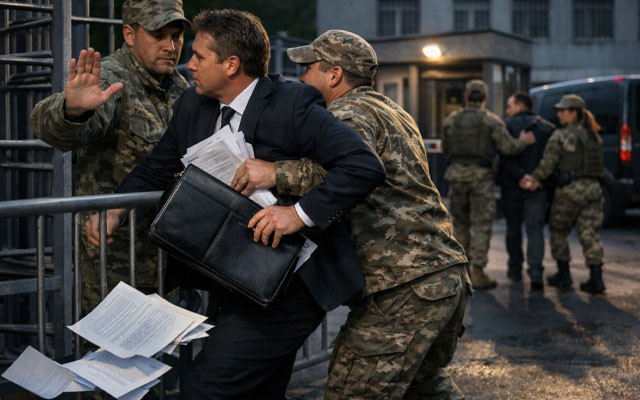
Guarantees of the practice of law
Proceedings opened following attack on advocate in Dnipro
The Committee for the protection of advocates' rights and guarantees of legal practice of the UNBA appealed to law enforcement agencies in connection with an advocate's report of an attack while performing his professional duties. The information was entered into the Unified Register of Pre-trial Investigations and a pre-trial investigation was initiated.
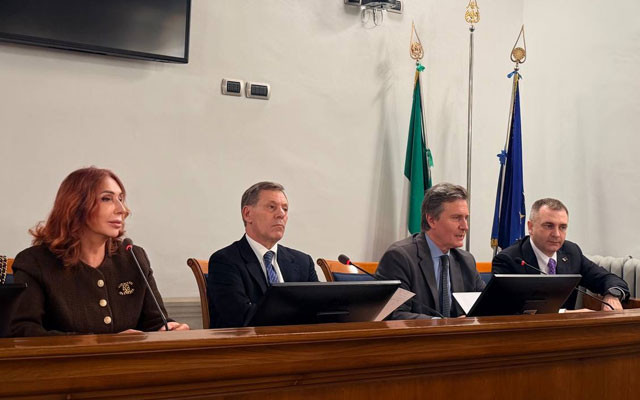
Interaction
«With us — to Europe»: Italian advocacy supports UNBA initiatives
On January 30, a meeting was held in Rome between a delegation from the Ukrainian National Bar Association and the National Bar Council of Italy (Consiglio Nazionale Forense, CNF) on the standards and practices of the legal profession and their significance for Ukraine's European integration process.
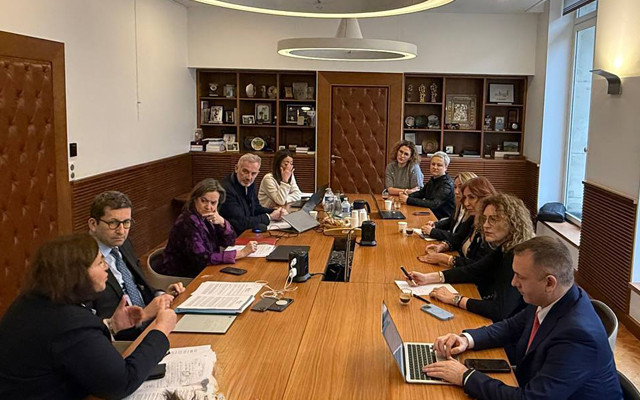
Interaction
France confirms cooperation with UNBA on reforms in the field of the rule of law
On January 29, a working meeting between representatives of the Ukrainian National Bar Association and the French National Bar Council (Conseil National des Barreaux, CNB) took place in Paris.
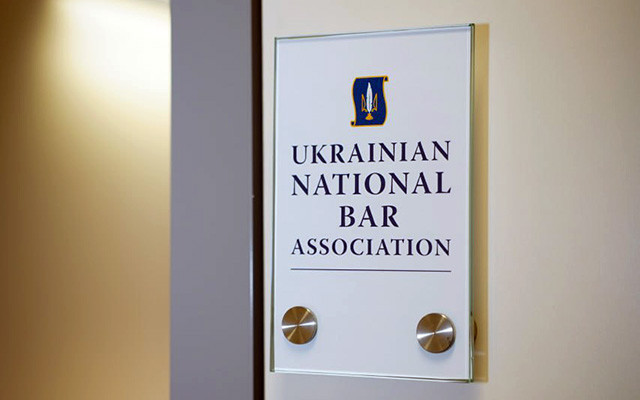
Abroad
UNBA office opens in EU capital
To strengthen the institutional presence of the Ukrainian advocacy community at the European level, an office of the Ukrainian National Bar Association has been opened in Brussels (Belgium), which will serve as a permanent platform for dialogue with European partners.
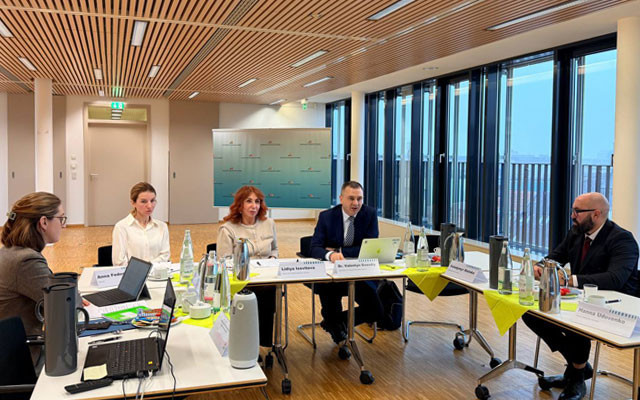
Interaction
UNBA and BRAK discussed European integration priorities and regulation of the profession
On January 26, a meeting was held between representatives of the Ukrainian National Bar Association and the German Federal Bar Association (Bundesrechtsanwaltskammer, BRAK).
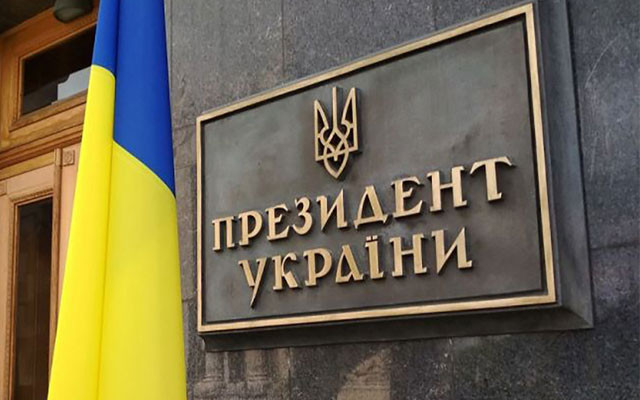
Guarantees of the practice of law
The President was urged to sign the law on strengthening guarantees for advocacy activities
The professional community of advocates called on Ukrainian President Volodymyr Zelenskyy to sign Law No. 4547-IX, which strengthens guarantees for advocates' activities, in particular by introducing liability for identifying an advocate with a client.
Publications

Volodymyr Matsko Extradition as a systemic form of rights violations

Victoria Yakusha, Law and Business The anti-corruption vertical cannot «take care» of the Bar as an institution, - acting head of the HQDCB

Censor.net Protecting advocates – protecting justice: addressing concerns about the new law

Ihor Kolesnykov A BRIEF SUMMARY REGARDING THE APPLICATION OF THE ORDER ON EXTENDED CONFISCATION IN LATVIA REGARDING FINANCIAL ASSETS OF…

Valentyn Gvozdiy WORKING IN A WAR ZONE

Lydia Izovitova Formula of perfection

Sergiy Vylkov Our judicial system is so built that courts do not trust advocates

Iryna Vasylyk Advocacy in the proclamation of Independence of Ukraine
